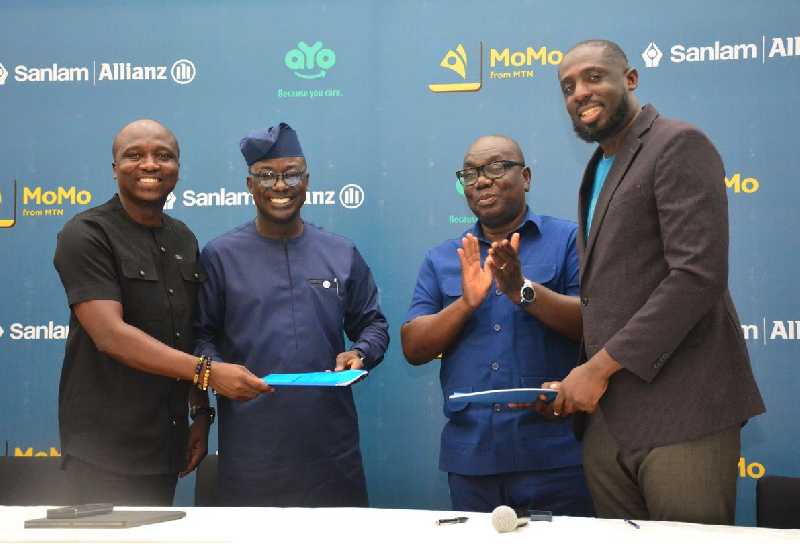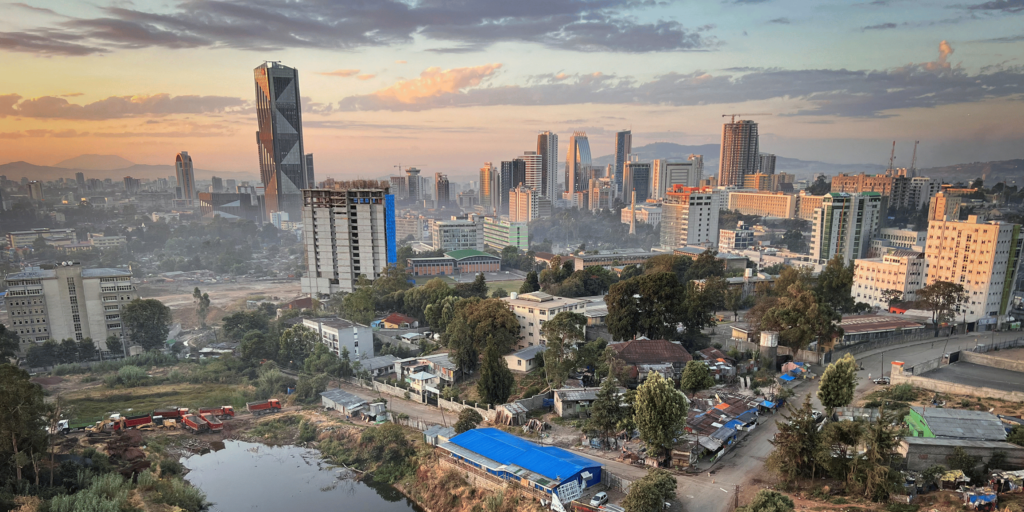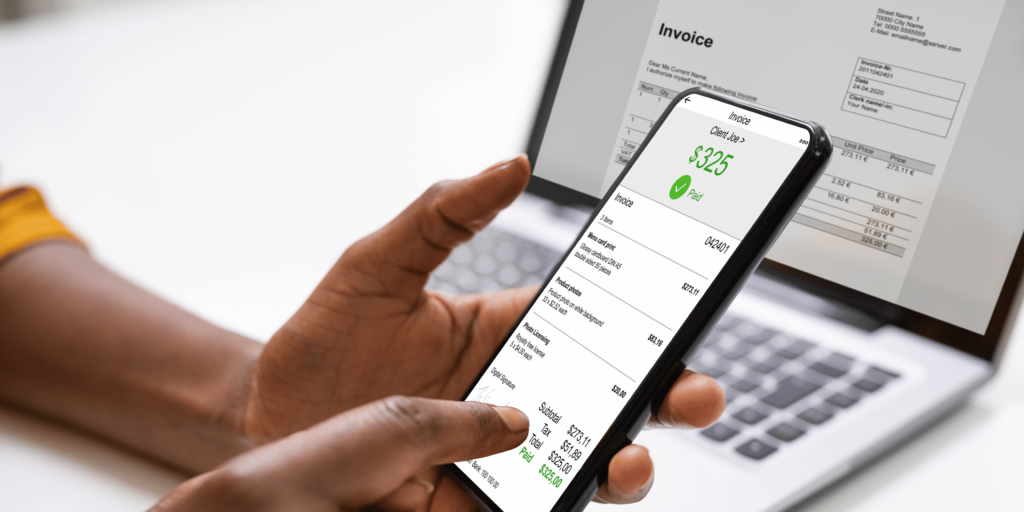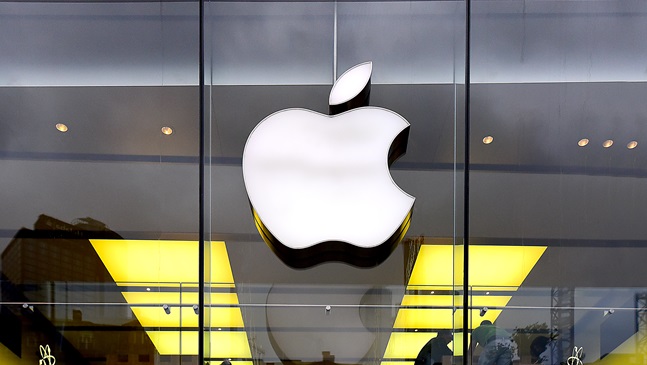he Ghana Chamber of Telecommunications and the Electronic Money Issuers (EMIs) Chamber of Ghana have congratulated the newly appointed Chairpersons and members of the Information and Communications Committee and the Finance Committee of Parliament.
Mr Bandim Abed-Nego Azumah is the appointed Chairperson of the Information and Communications Committee of Parliament and Mr Isaac Adongo, the appointed Chairperson of the Finance Committee of Parliament.
This was indicated in a press release signed by Mr Louis Bobbie Osei, Regulatory and Research Manager, of the Ghana Chamber of Telecommunications and the Electronic Money Issuers (EMIs) Chamber of Ghana and copied to the Ghana News Agency in Koforidua.
He said as Ghana accelerates its digital transformation, the work of these two committees becomes increasingly urgent and their decisions will be critical in shaping policies that directly impact the Telecommunications and Digital Finance industries.
The two Chambers urge both committees to prioritize strategic policies and legislative support in these industries to accelerate Ghana’s economic growth and development.
Mr Osei, said the Telecommunications and Digital Finance sectors are not just industries but enablers of economic prosperity, financial inclusion, and national development.
Telecommunications powers Ghana’s digital economy, connecting businesses, communities, and government services, and digital Finance is revolutionizing transactions, expanding financial access, and driving innovation in commerce and entrepreneurship, he noted.
He said, “for Ghana to fully realize its economic and digital potential, these sectors must be supported through progressive policies, investment-friendly regulations, and infrastructure development.”
He recommended that, the Information and Communications and Finance Committees must ensure a policy environment that encourages investment and innovation in telecommunications and digital finance.
He said the committees must support regulatory frameworks that drive financial inclusion, improve digital security, and expand broadband access.
The committees must work with industry stakeholders to eliminate barriers to infrastructure development and technological advancement.
Other recommendations were that the committees must lead policy and laws to protect telecommunication infrastructure, and champion policies that reduce the cost of doing business in these industries to promote affordability and accessibility for all Ghanaians.
Mr Osei, said the Ghana Chamber of Telecommunications and the EMIs Chamber of Ghana are committed to working closely with both committees.
This collaboration will ensure that the right policies, regulations, and industry collaborations are in place to drive sustainable growth, job creation, and a digitally inclusive Ghana, and the committees can be reassured of our unwavering support and commitment, he stated.
He emphasised that the two Chambers look forward to engaging with the leadership and members of both committees in the near future to discuss strategic partnerships and actionable solutions that will position Ghana as a leader in telecommunications, digital payments, and technological advancement.
Source: GNA











